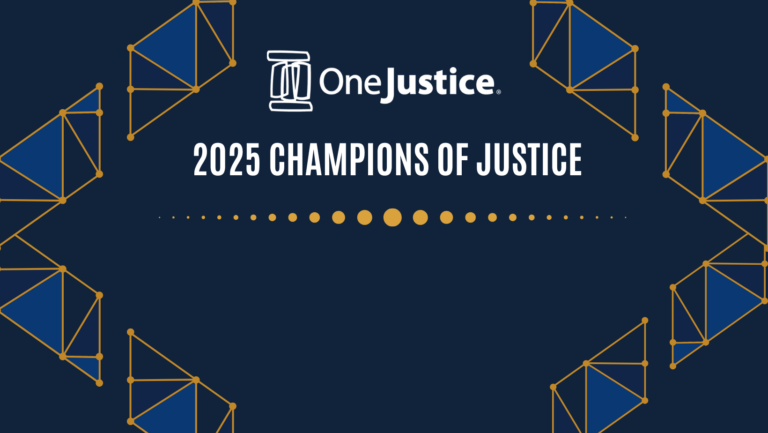
Announcing: OneJustice’s 2025 Champions of Justice
OneJustice is proud to announce the recipients of our 2025 Champions of Justice Award: Disability Rights California, Lawyers’ Committee for

OneJustice is proud to announce the recipients of our 2025 Champions of Justice Award: Disability Rights California, Lawyers’ Committee for
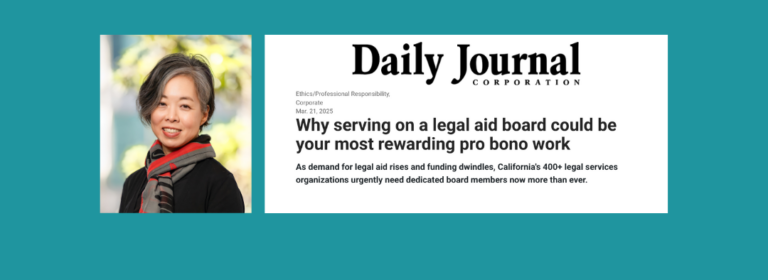
Why Legal Aid Board Service is a Powerful Form of Pro Bono In her insightful article, “Why Serving on a
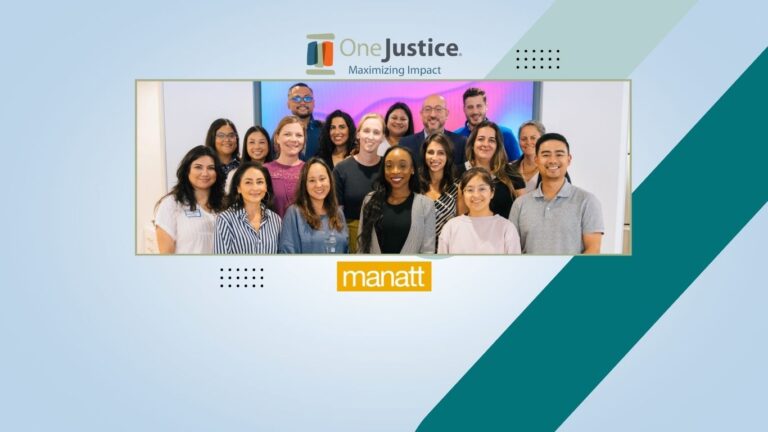
Welcome to our 2024-2025 Maximizing Impact Project Cohort! OneJustice kicked off our 2024-2025 Maximizing Impact Project for immigration legal services
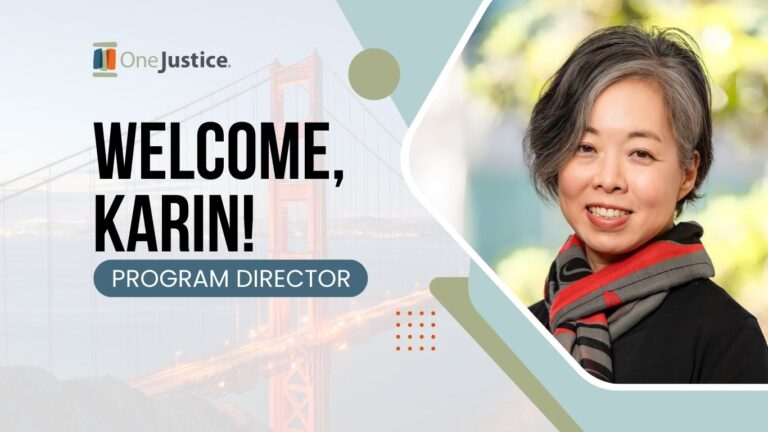
OneJustice is delighted to welcome new Program Director Karin Wang to the team. Karin has had a long standing connection
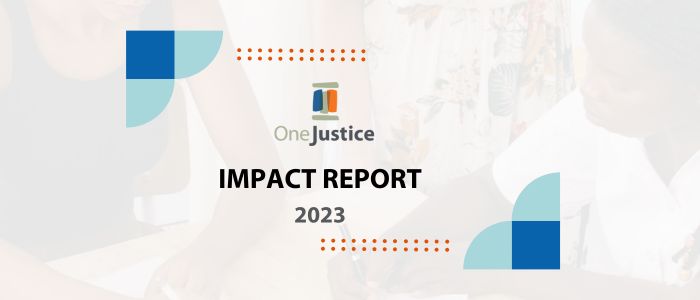
Check out OneJustice’s 2023 Impact Report! Our mission is to build the foundation and expertise for all people to access
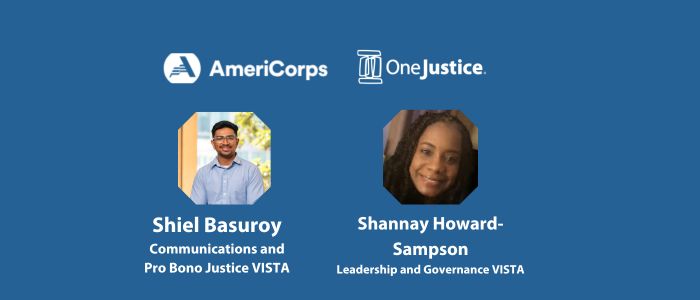
Thank you to our AmeriCorps VISTA members, Shannay and Shiel, for their service.
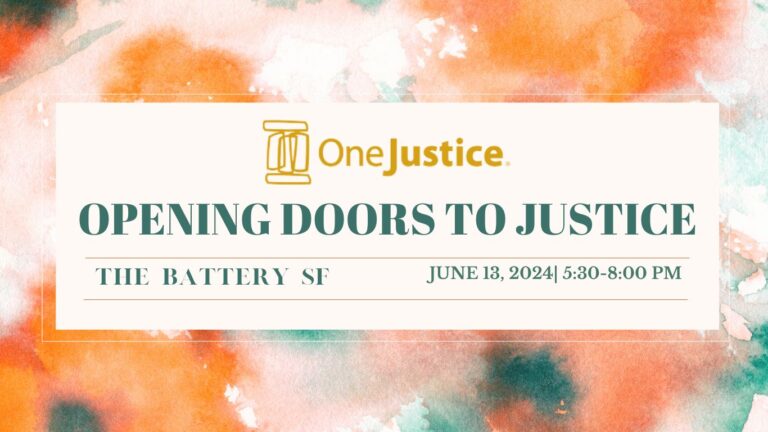
Every year, OneJustice brings together supporters of pro bono and nonprofit legal services to celebrate the life-changing legal aid provided
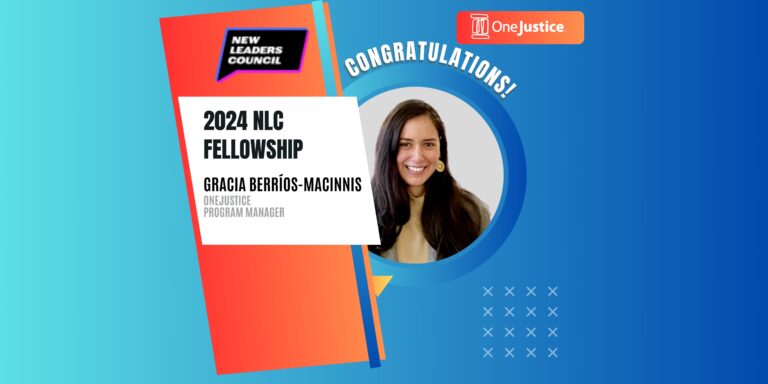
Join us in congratulating Gracia Berríos-MacInnis, Program Manager at OneJustice, on her selection to the 2024 New Leaders Council (NLC)
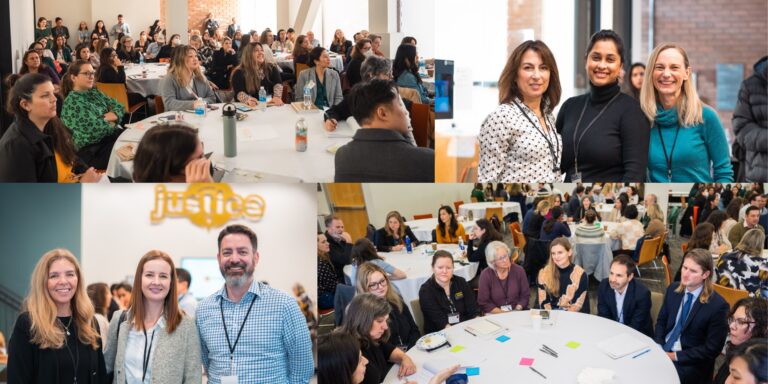
OneJustice would like to thank all of our attendees, sponsors, panelists, and facilitators who made this conference possible. Sessions focused
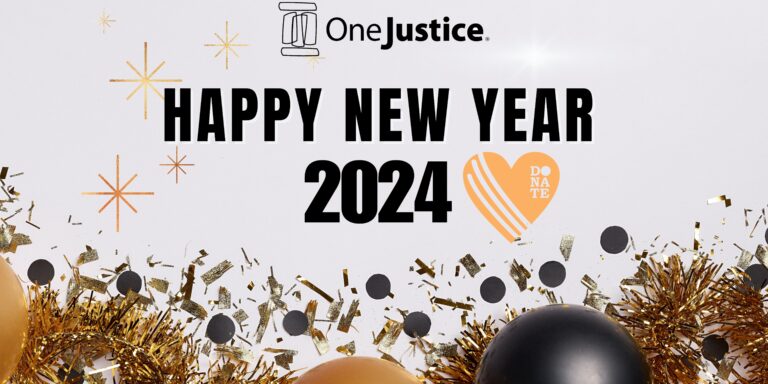
Sending you wishes of happiness and health in the New Year! We hope that you’ll consider a year-end donation today